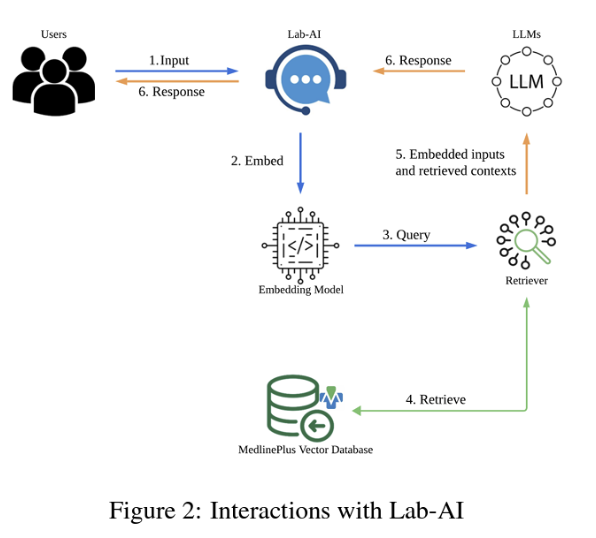RCC Spotlight: Dr. Zhe He

Dr. Zhe He is an Associate Professor in the School of Information at Florida State University. Before joining the FSU faculty in 2015, Dr. He earned his bachelor’s in computer science at Beijing University of Posts and Telecommunications in Beijing, China, and a master's in computer science at Columbia University. He then pursued his Ph.D. in computer science at New Jersey Institute of Technology. Alongside his professorial duties, Dr. He is the Director of FSU College of Communication and Information’s eHealth Lab which aims to enhance population health and drive biomedical research forward by collecting, analyzing and using electronic health data from various sources
Dr. He and his team leverage informatics, artificial intelligence and other intelligent machine learning algorithms to improve healthcare delivery and improve patients’ understanding of health-related data for better engagement. Their research focuses on developing eHealth tools to support patients and clinicians in making more informed decisions, with their ultimate goal being to improve outcomes and reduce costs.
Dr. He's research has a significant impact on the world by addressing the complexity of healthcare data and transforming it into actionable insights that support better patient care and outcomes. It has been challenging for patients to interpret data and make informed decisions regarding their health due to the complexity of the data. So, Dr. He and his team have worked on identifying relevant health data and using techniques like information extraction and natural language processing to organize this information meaningfully. For instance, their work allows for predictions of events such as organ rejection or hospitalization after solid organ transplantation, enabling proactive care. His team develops tools like "LabGenie," to help patients understand their lab results better, tailor interpretations, and suggests follow-up questions for their doctors which improved patient engagement.


These figures represent the retrieval generation process.
Because these models rely on large-scale datasets, they require support from advanced, high-capacity computing systems, which is where the Research Computing Center (RCC) comes in. Dr. He and his team use the RCC’s graphic processing units (GPUs) to enable processing for some of the open-source large language models such as Llama 3 models for Q&A question answering of medical questions. These large models can generate differential diagnoses using patient symptoms and their lab results. Then, while they are not directly making diagnosis predictions, they can provide doctors with direct support. Using RCC research is crucial in interpreting data and plays an important role in Dr. He’s research.
*Figures courtesy of Dr. Zhe’s research article “Lab-AI -- Retrieval-Augmented Language Model for Personalized Lab Test Interpretation in Clinical Medicine”
